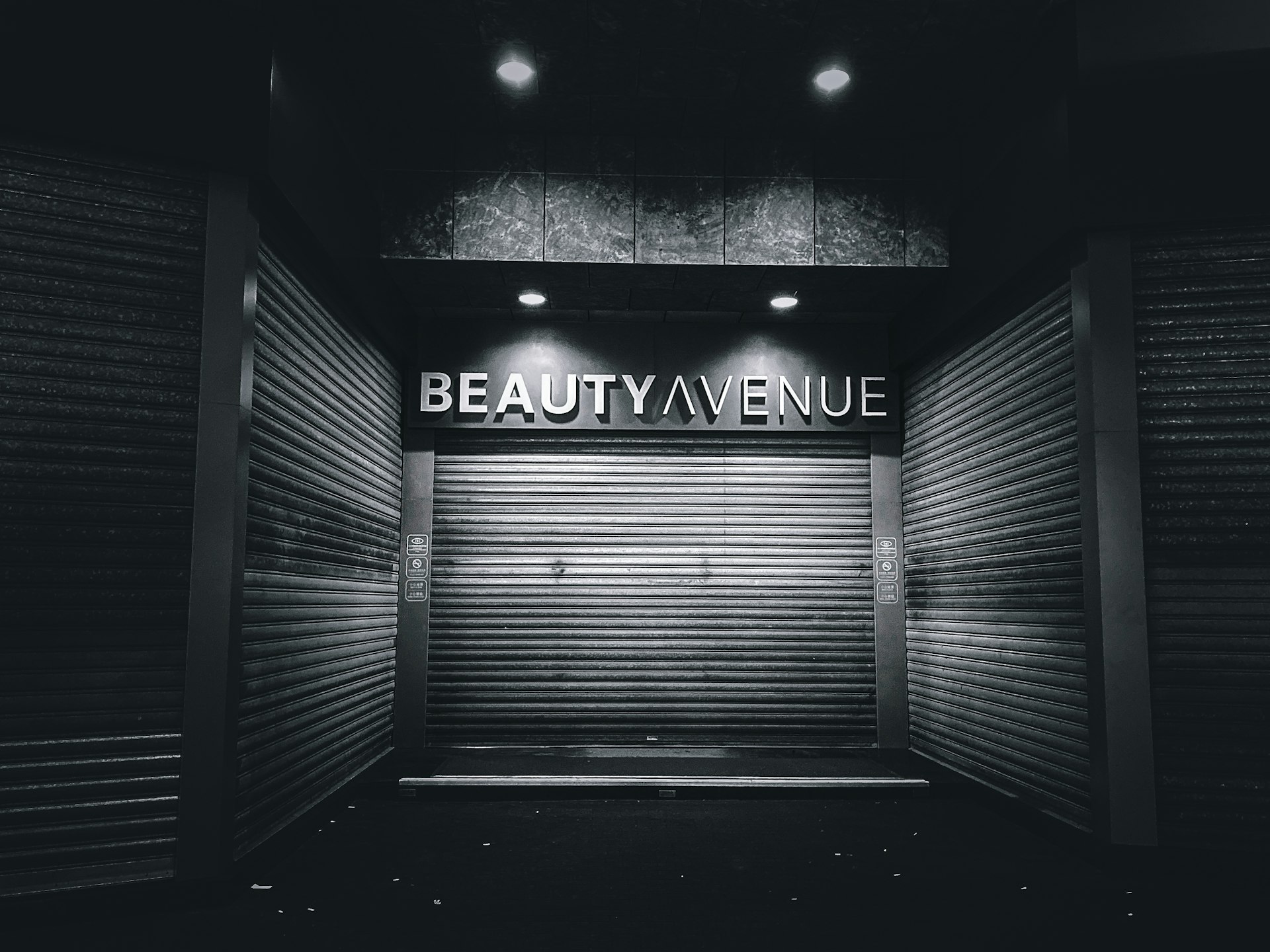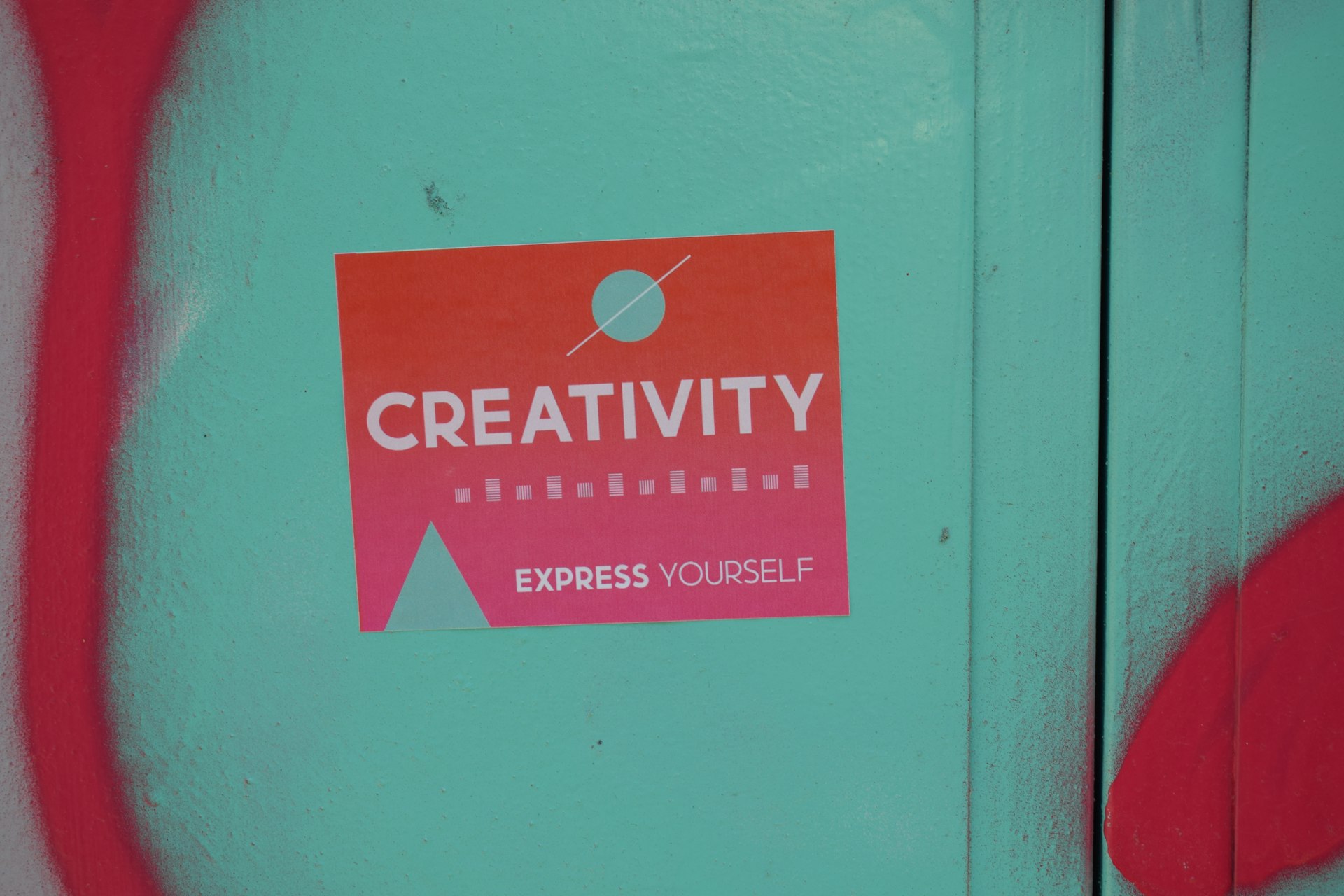Driving Value Through Personalization in Hospitality Business Models

Photo by Docusign on Unsplash
Introduction: The Power of Personalization in Hospitality
Personalization is rapidly becoming the cornerstone of modern hospitality business models. As travelers and guests increasingly expect unique, tailored experiences, hospitality businesses-from boutique hotels to global chains-must pivot from generic services to individualized offerings. This shift isn’t just about guest satisfaction; it’s about driving repeat business, maximizing revenue per guest, and establishing a competitive advantage in a crowded market [1] .
Understanding Personalization: What It Means for Hospitality
Personalization in hospitality refers to delivering customized experiences that make guests feel valued and understood. Rather than treating each guest as a number, successful businesses use data and technology to anticipate needs, offer relevant recommendations, and communicate in a way that feels personal [2] . This approach goes beyond amenities-it touches every aspect of the guest journey, from booking to post-stay follow-up.
Key Components of Personalization in Hospitality Models
1. Guest Profiles and Data Gathering
Building comprehensive guest profiles is fundamental. This process involves collecting data throughout the guest journey: booking history, special requests, stay feedback, and even social media behavior. Modern Customer Relationship Management (CRM) systems allow properties to record preferences such as room type, dietary needs, and favorite amenities [3] . For example, a returning guest who prefers a high-floor room and hypoallergenic pillows will have these preferences noted and automatically fulfilled on future stays.
To implement this:
- Train front desk and guest services staff to ask about preferences during booking and check-in.
- Use digital surveys post-stay to gather feedback and update profiles.
- Deploy CRM software capable of integrating with booking engines and property management systems.
Challenge: Ensuring data privacy and compliance with regulations (such as GDPR) is crucial. Always inform guests about data collection practices and obtain consent where applicable.
2. Curated Services and Customized Amenities
Using guest profile data, hotels and resorts can create curated service options. This might include personalized welcome amenities, custom room configurations, or activity recommendations tailored to guest interests. For example, a family with children may receive information about local attractions and child-friendly dining, while a business traveler is offered express check-in and access to dedicated workspaces [1] .
To implement this:
- Develop flexible service protocols that allow staff to adapt offerings based on guest profiles.
- Integrate guest preferences into operational software, so housekeeping and F&B teams can deliver the right amenities automatically.
- Empower staff with mobile tools to access guest preferences and make real-time adjustments.
Alternative Approach: For smaller properties, manual tracking and thoughtful service gestures can achieve similar results without extensive technology investments.
3. Personalized Communications
Effective personalization extends to the way hotels communicate with guests. This includes targeted email marketing, SMS updates, and tailored in-app notifications. Platforms such as Salesforce Marketing Cloud and Braze enable automated, individualized communications based on guest behavior and preferences [2] .
Practical steps:
- Address guests by name in all communications.
- Send pre-arrival messages highlighting amenities or services relevant to the upcoming stay.
- Follow up post-stay with personalized offers or requests for feedback based on the guest’s experience.
Example: Choice Hotels International’s Choice Privileges program delivers personalized offers and updates to members, reinforcing loyalty and engagement [5] .
4. Loyalty Programs and Exclusive Benefits
Personalized loyalty programs are another vital tool. By rewarding repeat guests with perks that matter to them-such as late check-out, room upgrades, or exclusive event access-hotels can increase both engagement and retention. These programs should offer flexible rewards, allowing guests to select benefits that match their preferences [1] .
Implementation guidance:
- Choose a loyalty platform that supports point accrual and redemption for a wide variety of benefits.
- Analyze guest data to identify high-value segments and tailor offers accordingly.
- Regularly update program benefits in response to guest feedback and changing trends.
Case Study: Accor Hotels’ ALL-Accor Live Limitless program uses guest data to deliver personalized rewards, including customized upgrades and access to exclusive events [5] .
5. Leveraging Technology for Hyper-Personalization
Advanced technology-including AI, machine learning, and integrated property management systems-enables hyper-personalization at scale. Tools like Zingle allow for real-time, two-way messaging to coordinate arrivals and respond to guest needs. Oaky provides pre-arrival upselling opportunities tailored to individual booking details [4] .
Implementation steps:

Photo by Jacob McGowin on Unsplash
- Invest in platforms that integrate CRM data with guest messaging and service delivery systems.
- Use AI-driven analytics to segment your guest base and predict preferences.
- Regularly review and update your technology stack to ensure compatibility and security.
Potential Challenge: The integration of new technologies can be complex. Start with pilot programs, train staff thoroughly, and gather feedback before expanding site-wide.
Accessing and Implementing Personalization Strategies
If you want to implement effective personalization in your hospitality business, consider these steps:
- Assess Your Current Capabilities: Review your existing CRM systems, guest feedback processes, and staff training programs to identify personalization opportunities.
- Develop Guest Profiles: Begin collecting and organizing guest data through online bookings, feedback forms, and loyalty programs. Ensure all data collection complies with privacy regulations.
- Invest in Technology: Research platforms like Salesforce Marketing Cloud, Braze, and Oracle Responsys for automated, personalized communications. For loyalty management, consider SaaS solutions that integrate with your existing infrastructure.
- Train Your Team: Personalization only works when staff are empowered to act on guest data. Provide regular training and clear protocols for using guest information to enhance service.
- Start Small and Scale: Pilot your personalization initiatives with a specific guest segment or department. Gather feedback and refine your approach before a broader rollout.
For more guidance, search for “hospitality CRM software,” “personalized guest experience technology,” and “hotel loyalty program platforms” to identify the latest solutions and vendors. You can also contact your local hospitality industry association for recommendations, industry best practices, and compliance resources.
Challenges and Solutions in Personalization
While personalization delivers significant benefits, it can present challenges:
- Data Management: Too much data or poorly organized information can overwhelm staff. Solution: Implement automated systems and regular data audits.
- Privacy Concerns: Guests may be wary of sharing personal information. Solution: Be transparent, obtain consent, and comply strictly with data protection laws.
- Staff Resistance: Change can be disruptive. Solution: Offer training, highlight benefits, and involve staff in developing new protocols.
Adopting a phased approach allows you to manage these challenges, ensuring a smoother transition and better outcomes for both staff and guests.
Conclusion: The Future of Personalized Hospitality
Personalization is no longer an optional extra for hospitality businesses-it is a key driver of guest satisfaction, loyalty, and business growth. By investing in data-driven systems, empowering staff, and prioritizing the guest experience, hospitality companies can deliver the memorable, customized stays that today’s travelers demand. Start by assessing your guest data capabilities, explore technology options, and create a culture focused on making every guest feel like a VIP. As the industry continues to evolve, those who embrace personalization will be best positioned to thrive.
References
- [1] Intellias (2024). Personalization in Hospitality: Best Practices, Key Components, and Examples.
- [2] Relationship One (2024). Personalization in Hospitality: A Guide to Creating Memorable Guest Experiences.
- [3] TechMagic (2024). 7 Ideas How To Implement Personalization in Hospitality.
- [4] HSMAI (2024). Unlocking Hyper-Personalization: 5 Strategies for Leveraging First-Party Data in Hospitality.
- [5] Hotel Dive (2024). How to harness data to create personalized hotel stays.
MORE FROM resultsdiscount.com













